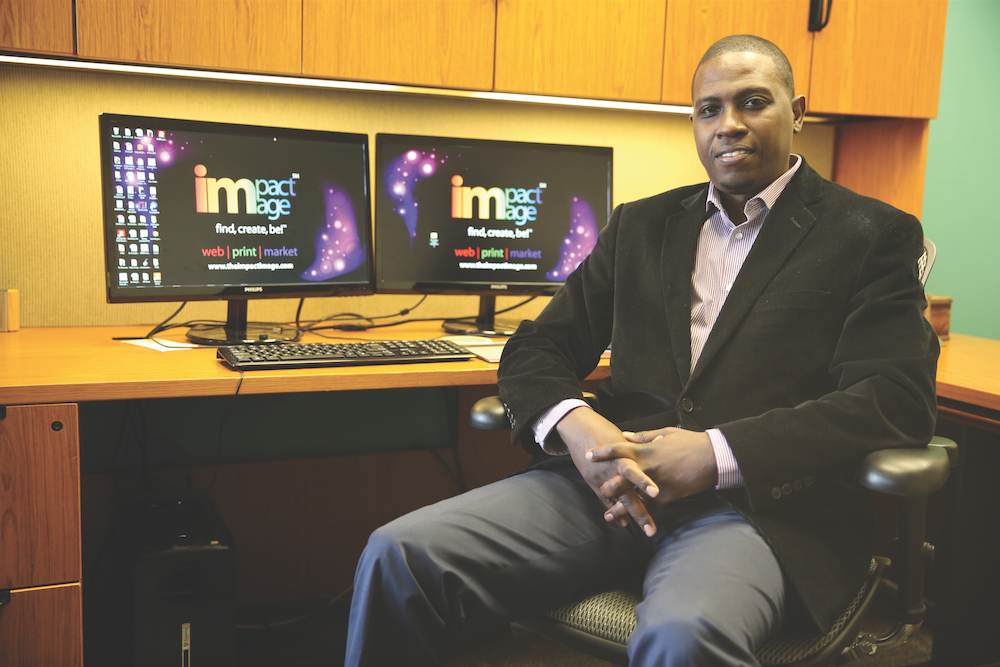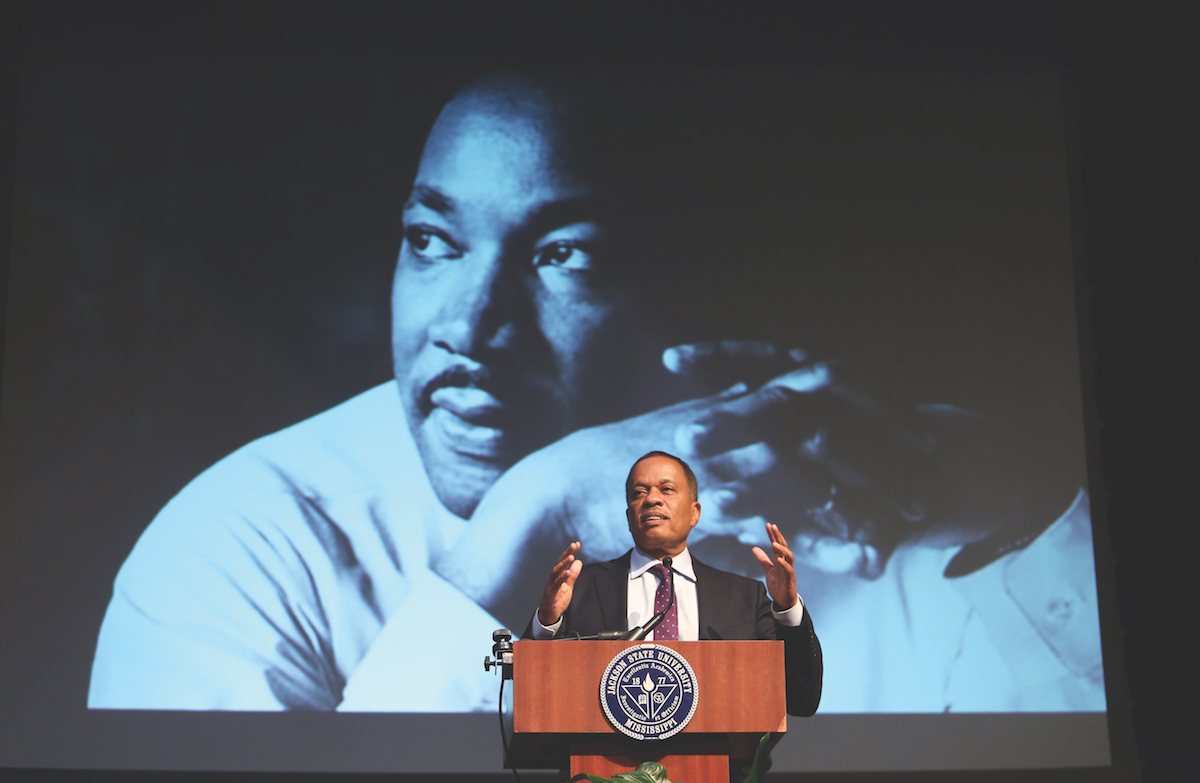
By L.A. Warren
Native Kenyan and former Jackson State University student James Kithuka said coming to the U.S. involved adapting to its “abrasive, fast pace” and understanding the historical stigma of Mississippi.
“We learn in Kenya to be humble, but meekness in the U.S. is seen as weakness,” he said. “You have to be firm and assert yourself because it sets the tone for the day and business. Basically, you have to take your respect.”
He describes Mississippi as one of the best places for business but said people unfamiliar with the state believe challenges are greater here. He refutes that notion, although before emigrating he had little knowledge of the state’s sordid past.
“In Kenya, we knew about civil rights struggles but not the full scope. We didn’t know that Mississippi was still considered to be behind,” meaning slow in development and stigmatized for severe prejudice.
He said a German tourist visiting Kenya expressed shock that he was considering relocating to Mississippi.
“I asked what was wrong with Jackson, Mississippi, but he didn’t comment much — just gave an unusual look and tone. Perhaps he felt it might be rude to demonize a choice I had already made. “I was oblivious to the state’s history.”
Nevertheless, Kithuka, born in Nairobi, made the transition by enrolling at JSU after moving to Mombasa.
It was in Mombasa that he met visiting Jackson native Don Thigpen, who touted opportunities at JSU and in Mississippi. After Thigpen sent him enrollment papers, he was accepted into school and began studying computer engineering.
Since international students don’t get financial aid, he eventually ran out of money. He then took time off to hone his arts skills, which led to the creation of his graphic design company, Impact Image, in 2010.
His office, located in the Mississippi e-Center@ JSU, 1230 Raymond Road, produces brochures, promotional cards, annual reports, retractable banners, and much more. Marketing mostly on referrals, JSU is one of his primary clients, along with other schools and organizations such as oil industries, law firms and entertainment companies.
Comparing “toned-downed” Jackson to larger cities, he said the lifestyle is different but far from that expected by many in Kenya.
He recounted how a visiting relative was stunned by the economic progress in the state, negating the impression of a rural place with just dirt roads and farm animals.
Kithuka said even though a person can be taken advantage of through aggressive U.S. business practices, “I don’t want to stop the gentle nature in me. Kenyans go on respect for each other, but you constantly have to work hard here.”
Still, he said, America’s global influence has led to exponential growth in Kenya, where English is the official language and Swahili is the national language.
“Countries in Africa copy the West,” he added, “and improvements in communications have changed everything. The economy is stronger in Kenya. Now, a lot of people are choosing to stay there rather than search for better education elsewhere.”
Also, Kithuka said the West has spurred greater acceptance of liberal conversations in Kenya on controversial social and political issues.
Kithuka describes himself as “a legal alien” but says he aims to take the oath of citizenship within a year since he now has a family with his American wife.
Crediting his parents for their influence, he says he’s also confident that the U.S. is the greatest country in the world.
“It’s the land of opportunity,” he said. “I can’t imagine liking any other country better than the U.S., which has been taking on immigrants since its inception.” ONEJSU











Leave a Reply